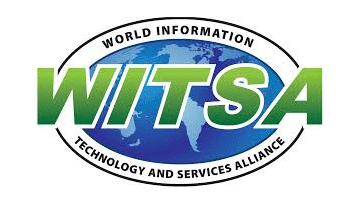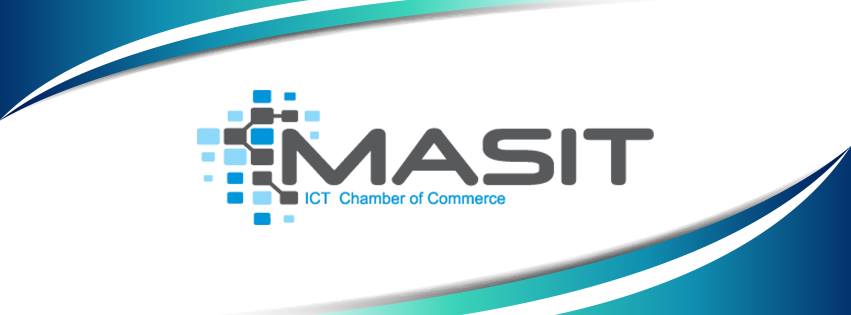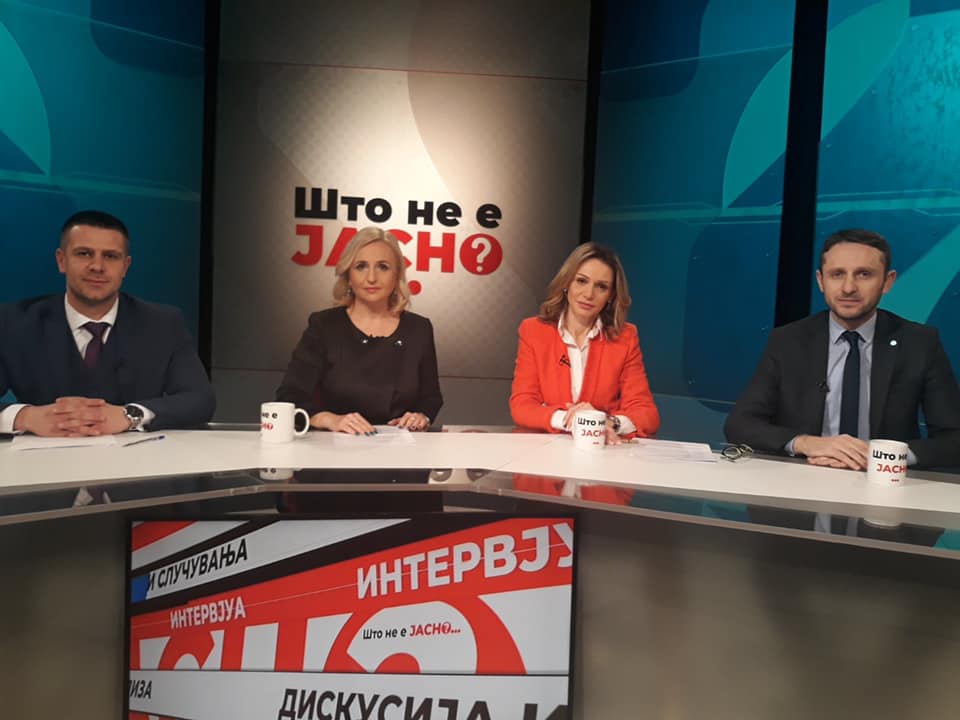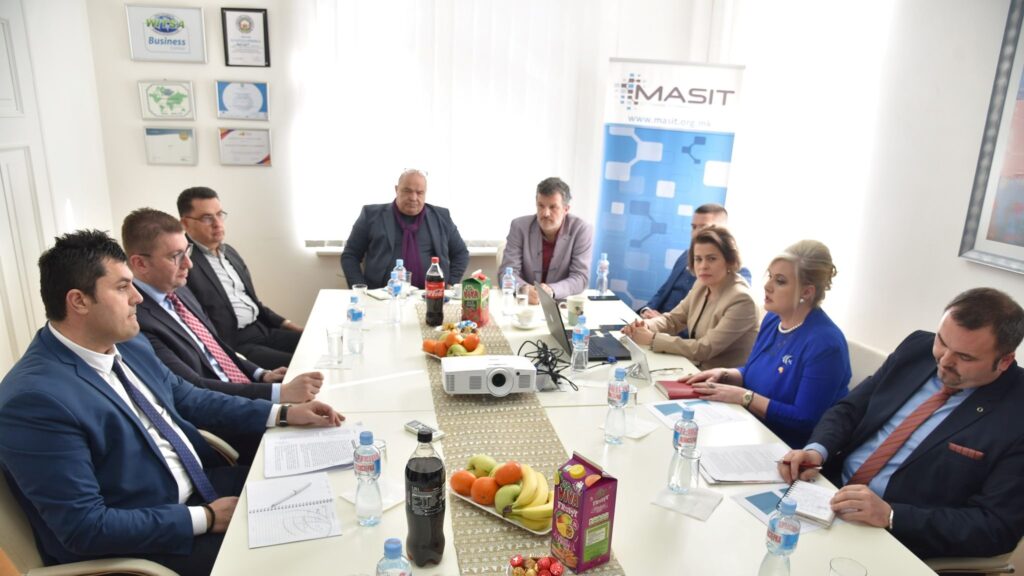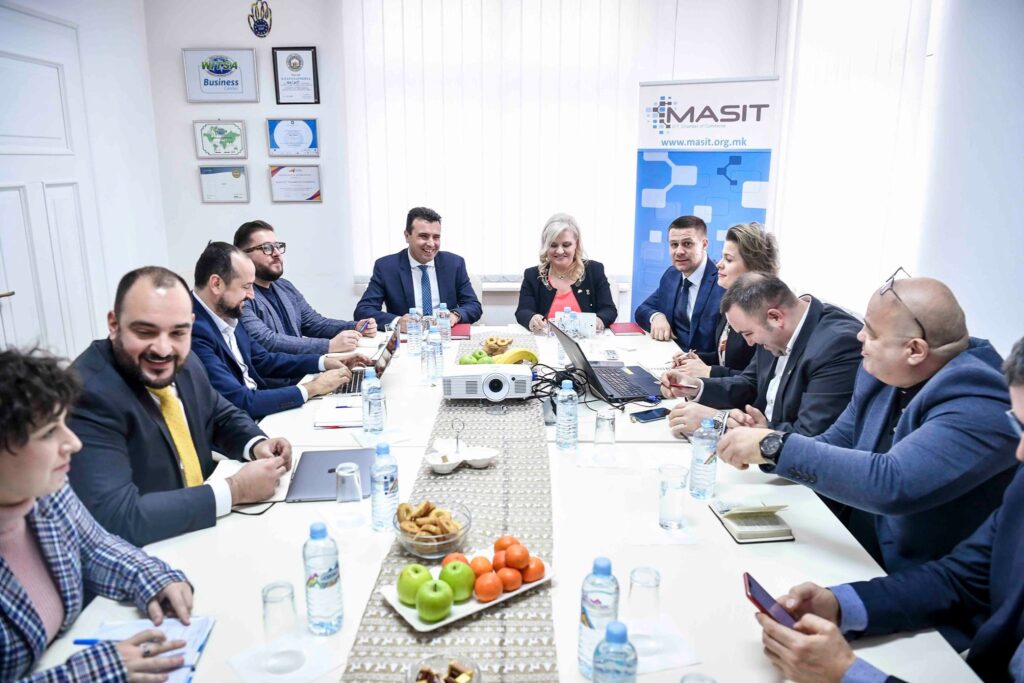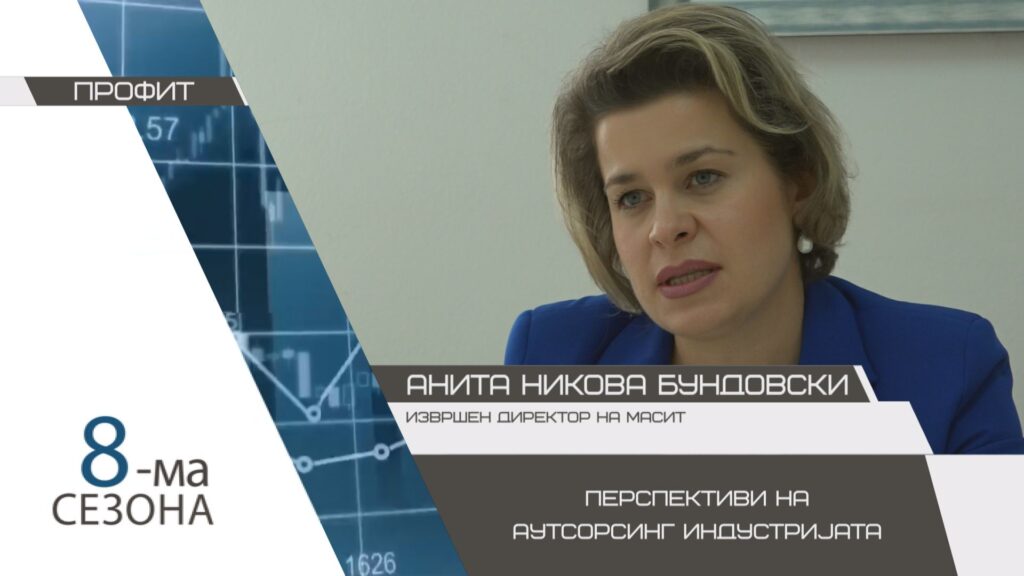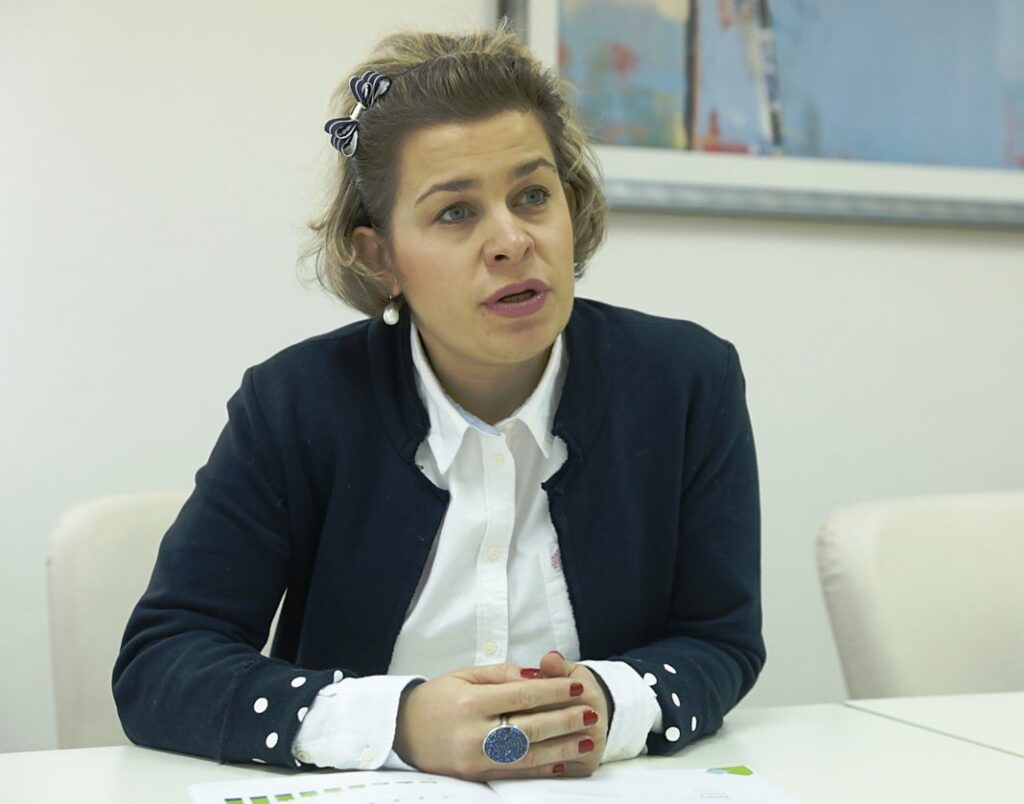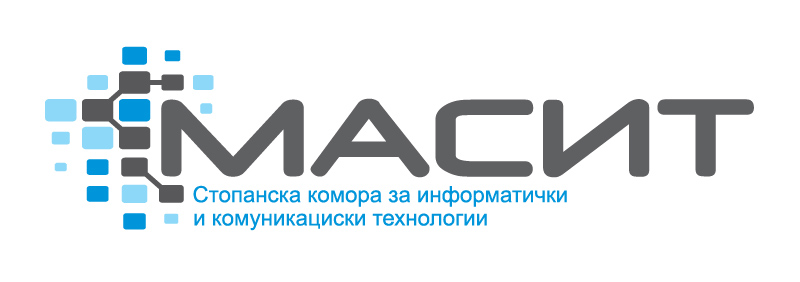Call for Participation in the “MASIT Awards for Innovative ICT Solutions” for the WITSA Global ICT Excellence Awards
As part of its activities for the selection of the WITSA Global ICT Excellence Awards 2020, MASIT is re-organizing the selection of the “MASIT Awards for Innovative ICT Solutions” for outstanding achievements in the field of Information Technology 2020. MASIT, as a member of WITSA (World Information Technology and Services Alliance) http://witsa.org/witsa-wp-site/, will nominate the first award winners in the categories below at the “2020 WITSA Global ICT Excellence Awards”,to be nominated for participation in the selection of the 2020 WITSA Global ICT Excellence Awards at the World IT Congress on September 14-16, 2020 in Penang, Malaysia. This year, we invite you for nominations for the “MASIT Innovative ICT Solutions Awards” that will cover the following categories: Public / Private Partnership Award In this category, solutions can be nominated that have significantly helped to find new solutions and boost finances through successful collaboration between government and private ICT sectors. Digital Opportunity / Inclusion Award In this category we can nominate solutions that have significantly increased the digital opportunities for the citizens of the Republic of Macedonia, in terms of possibilities for using IT and internet access. Solution for sustainable growth In this category, solutions can be nominated that promote sustainable economic growth, which is defined as the ability to improve the financial and social situation in the country. There are three key challenges: climate change, resource degradation / decline, and pollution. At the heart of the three is energy efficiency and the role of ICT to achieve it. Innovative healthcare solutions Solutions that make outstanding efforts to use ICT as a health promotion and health promotion tool, such as telehealth, mHealth, e-health or e-learning, electronic health records, legislation, can be nominated in this category. or social media. Solutions may vary from providing information on citizens’ health, support for public health in the community, support systems to health facilities. Digital Innovation Award Solutions that have introduced notable innovations in technology that enhance business and IT can be nominated in this category. Digital innovations that showcase the productivity and potential of business applications, as well as technology that significantly contributes to an organization’s improved efficiency, productivity, and performance, or beyond, help deliver on the promise of a digital age for all. E-Education and Learning Award This category may include nominated solutions and best projects that utilize e-learning using an innovative new technology tool, or existing e-learning tools in an innovative way. Solutions that will facilitate and support learning through the use of information and communication technology. All ICT companies are entitled to nominate their own solutions implemented by end users in the Republic of Macedonia, while the participation of “MASIT Awards for Innovative ICT Solutions” for MASIT members is free. You will nominate your decision by submitting the following documents to: praktikant@masit.org.mk by 16.04.2020 at the latest: Completed application form for the MASIT IKT awards (attached to “Prijava za MASIT IKT nagradi 2020”), together with the supporting documents listed therein; Power Point presentation for its solution. Note: Participation for the MASIT ICT Awards for MASIT member companies is free of charge, and for all other companies is 50 EUR + VAT. Awaiting your applications, we wish you success in your selection.
